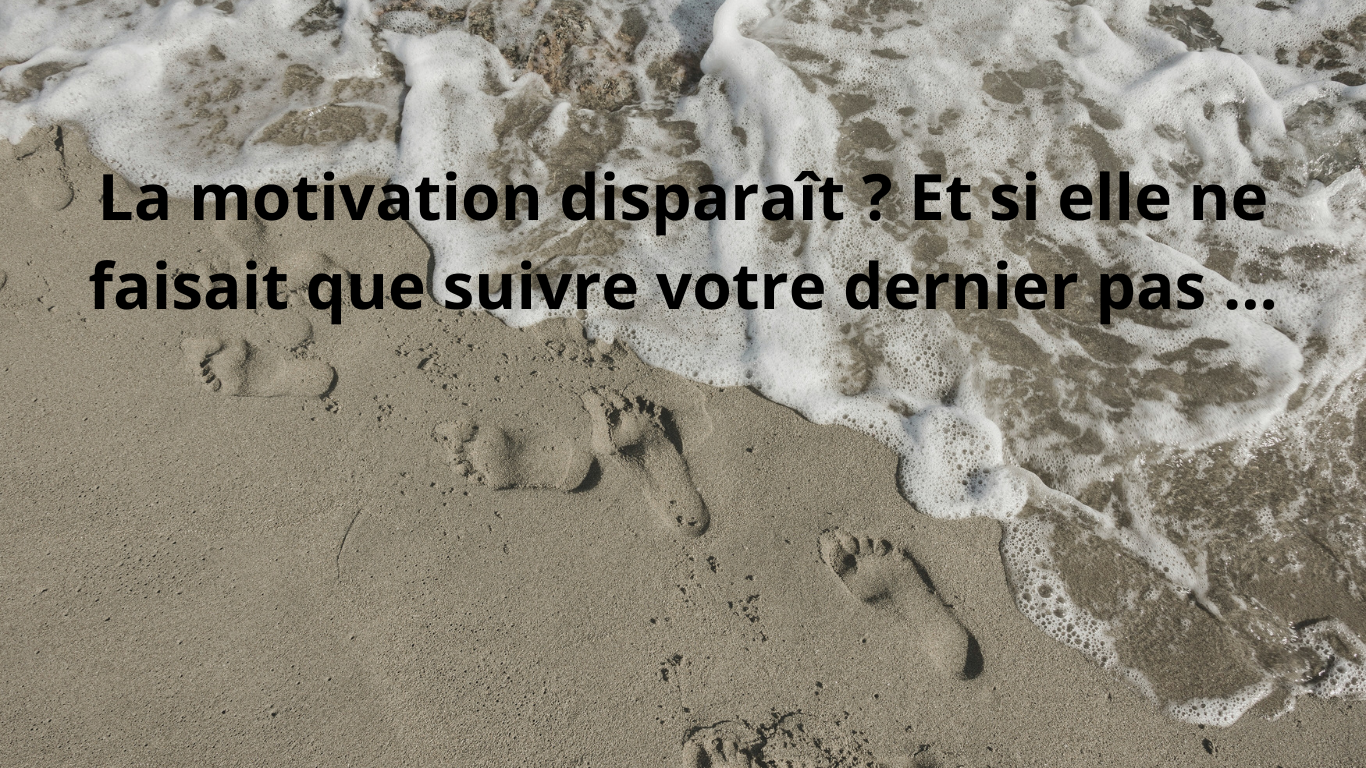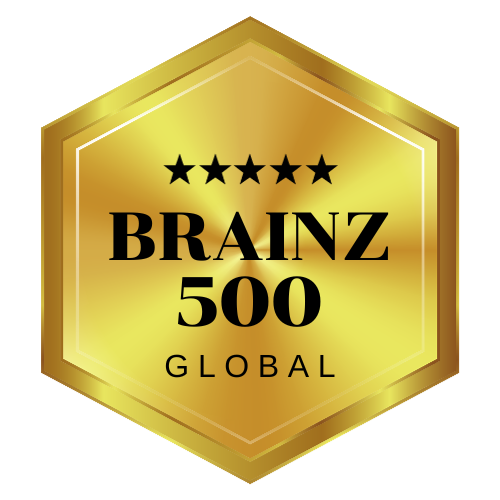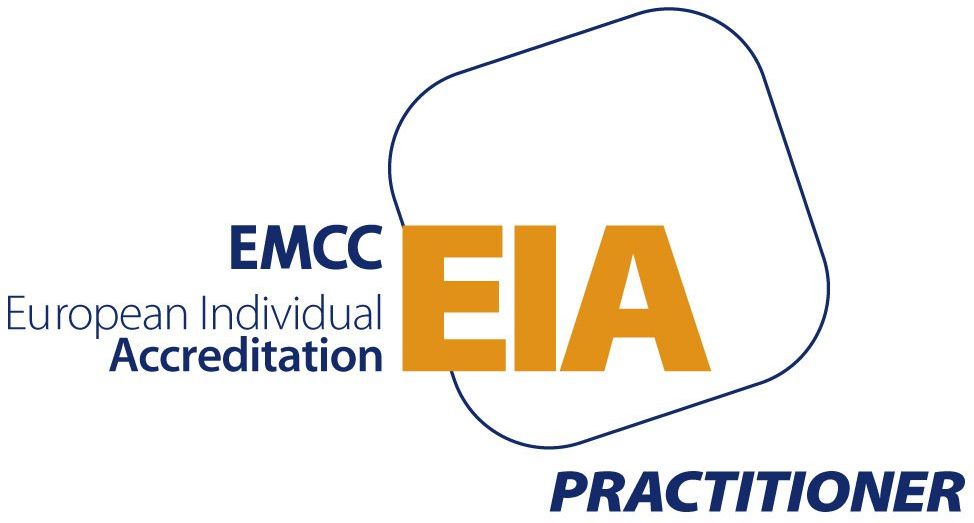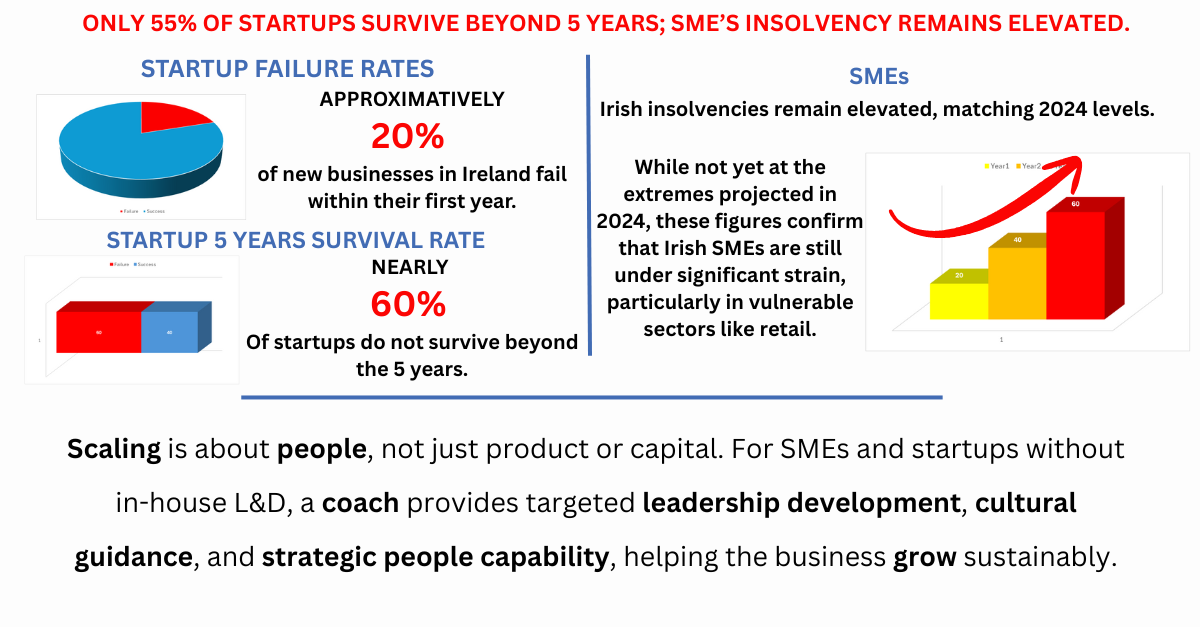From Insight to Impact: Bringing My Writing Journey to Life Through Coaching and Growth
This is a subtitle for your new post
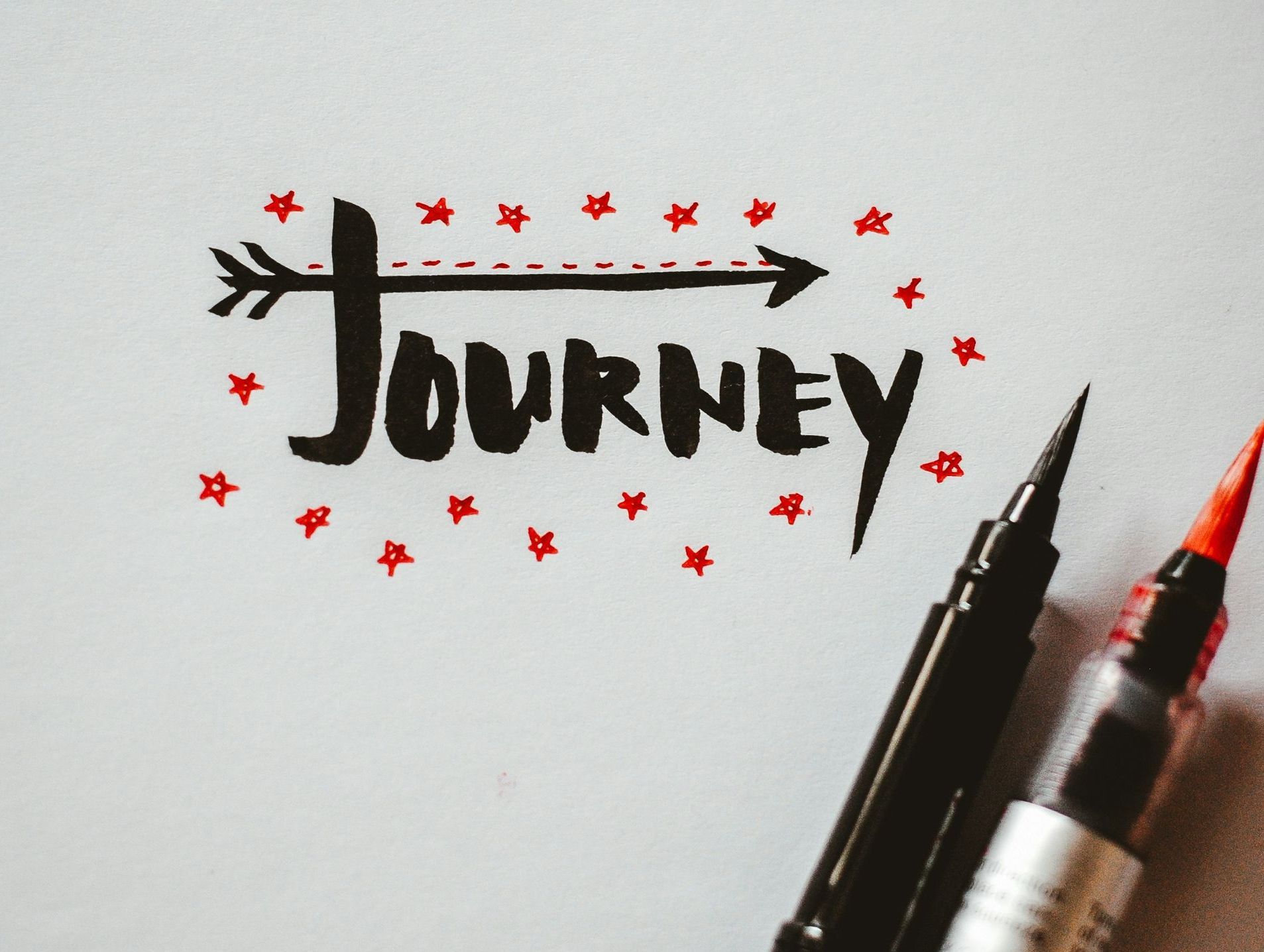
Looking Back, Moving Forward
0When I began writing, it was to make sense of the questions I was asking myself and hearing from others, around mindset, motivation, emotional intelligence, leadership, and personal growth. Each article was a way to pause, reflect, and offer something useful.
Over time, I realized this wasn’t just a writing practice, it was a way to trace the arc of real transformation: from reflection to action, and insight to lasting change.
This mirrors the framework by Van Nieuwerburgh & Love (2024), who outline four core purposes of reflection:
- Self-awareness
- Learning from experience
- Ongoing growth
- Meaningful change in practice
Let’s explore how each of these shaped my journey, and how they now guide my coaching work, with tools and tips you can apply immediately.
1. Building Self-Awareness: The Starting Point
“We don’t grow what we don’t notice.”
So much of growth begins with clarity, noticing what’s happening inside us, identifying patterns, and recognizing the stories we tell ourselves.
In How to Overcome Digital Fatigue and Reclaim Your Focus, I wrote about my own realization that always being “on” was draining, not productive. That awareness helped me reset how I worked and how I coached others through overwhelm.
💡 Try This:
- Audit your attention: Where does your energy go each day? Track it for a week. Patterns will emerge.
- Name your internal voices: Is your inner critic running the show? Can you balance it with a more compassionate or strategic voice?
🧭 Coaching Tip:
Before goals come clarity. I often ask clients to journal for 10 minutes at the end of the week: What energized me? What drained me? What did I avoid? It’s simple and powerful.
2. Learning from Real Life, Not Just Theory
Reflection isn’t about abstract ideas; it’s about making sense of real experiences.
In The Coaching Culture Trap, I explored how organizations often say they want a “coaching culture,” but fall short when it comes to equipping people with the skills, time, or safety to coach well. The lesson? Good intentions aren’t enough. Execution matters.
A mentee I worked with, navigating a social innovation initiative, described our sessions as transformative, not because I gave her answers, but because we broke complex problems into manageable frameworks. We made space to listen, then act.
💡 Try This:
- Post-moment reflection: After a tough meeting or decision, take 5 minutes to ask: What actually happened? What was I feeling? What did I learn?
- Practice reframing: Instead of “Why is this happening to me?” try “What is this trying to show me?”
🧭 Coaching Tip:
The best learning happens in the moment. Don't wait for a crisis to reflect; embed reflection into your daily habits, even in small doses.
3. Supporting Continuous Growth: No Finish Line
Growth isn’t a checkbox. It’s a mindset.
In Building Mental Toughness for Year-End Resilience, I shared how sustainable performance requires knowing when to lean in and when to step back.
In coaching, I often meet clients at an inflection point: burnout, change, or the feeling of having outgrown a previous version of themselves. One client described our coaching work as a reset: “I left every session feeling more grounded, clearer, and more in control of what came next.”
💡 Try This:
- Set weekly micro-goals: Focus on progress, not perfection. What’s one thing you want to shift or test this week?
- Use a “stop/start/continue” reflection: What needs to stop? What could you start? What’s worth continuing?
🧭 Coaching Tip:
Sustainable growth is about rhythm, not speed. I encourage clients to check alignment monthly: Are my goals still connected to what really matters to me?
4. Turning Insight Into Action: Bridging the Gap
Insight without action is just potential.
This is where coaching becomes transformational, helping you bridge the gap between what you know and what you do. Whether you’re leading a team, changing roles, or searching for meaning, clarity only matters if it leads to movement.
A client recently told me: “There wasn’t a single meeting where I didn’t move forward. No mean achievement.”
That’s what coaching is about: structured progress in a space built for reflection, accountability, and growth.
💡 Try This:
- Begin with one bold question: What would I do if I weren’t afraid of failing?
- Commit to action: After every reflection, write down one concrete next step. Small, doable, real.
🧭 Coaching Tip:
At the end of each session, I ask: What’s one thing you can test before we speak again? Action builds momentum. Perfection can wait.
5. The Ripple Effect: When Personal Growth Shifts Culture
In "Gratitude at Work," I wrote about how small acts of appreciation can transform the way teams relate. One organization I chaired saw this in action: simple practices of naming appreciation, acknowledging progress, and listening with intent changed how we collaborated.
When you grow, your environment shifts. Your calm helps others regulate. Your clarity inspires. Your example matters.
Reflection prompt: How might your personal development influence the systems your part of?
New Beginnings Are Always Possible
Reflection isn’t a once-a-year event; it’s an ongoing invitation to evolve.
Whether you’re feeling stuck, navigating change, or simply ready to grow in a different direction, this is your reminder: you don’t have to do it alone.
Ready to Move from Insight to Action?
If this article sparked something in you, an idea, a challenge, or a shift you’re ready to make, I’d love to support that journey.
Here’s how to begin:
- Book a free 30-minute discovery session
- We explore what’s on your mind, where you want to go, and what’s getting in the way
- You leave with at least one meaningful insight and one next step, no pressure, just progress
“
A calm reset in the middle of the storm.”, a client, after our first session.
🔗 Visit my
website
📅 Book your discovery session
here
Let’s turn insight into impact, together.
#coaching #leadership #selfawareness #growthmindset #emotionalintelligence #reflection #executivecoaching #careertransition #clarity #purpose #personaldevelopment
Reference:
Nieuwerburgh, C. van and Love, D. (2024). Your Essential Guide to Effective Reflective Practice. SAGE Publications Limited.
